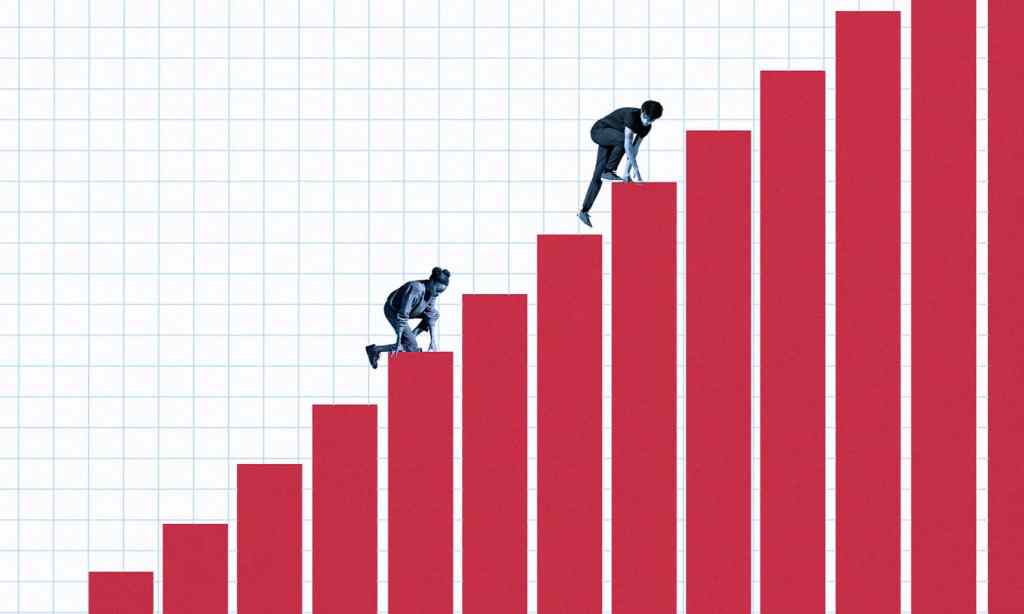Aussie mortgage holders have been dealt a seventh consecutive rate hike and can expect to pay hundreds more in interest per month.
The Reserve Bank of Australia officially lifted the interest rate by 25 basis points, bringing it to a total of 2.75%.
“As is the case in most countries, inflation in Australia is too high,” the RBA said in a statement explaining the decision.
“Over the year to September, the CPI inflation rate was 7.3 per cent, the highest it has been in more than three decades. Global factors explain much of this high inflation, but strong domestic demand relative to the ability of the economy to meet that demand is also playing a role. Returning inflation to target requires a more sustainable balance between demand and supply”.
Treasurer Jim Chalmers has said that “This is another difficult day for Australians who are already under the pump”.
He also said that the Treasury expects inflation to peak at 7.75% while the RBA believes it may get as high as 8%. He has recently spent much of his budget speech talking about the importance of getting inflation down as things are set to get more expensive before they get cheaper.
Graham Cooke, head of consumer research at Finder, has said Aussies with a $500,000 mortgage will now be paying $815 more a month compared to just seven months ago.
“This seventh consecutive rate hike — 275 basis points in total — will be a bitter pill to swallow for many. The current series of rate hikes has added almost $10,000 to the annual cost of a $500K mortgage.”
Inflation Still on the Rise
What another 25bp in RBA rate rises would look like (assuming the banks pass it onto mortgage holders in full). Source: RateCity pic.twitter.com/lKexLmweUe
— @phannam@mastodon.green (@p_hannam) November 1, 2022
Australia’s annual inflation rate (7.3%) is at its highest level since June 1990, according to ABS data.
Almost two-thirds of experts contacted by Finder predicted that CPI inflation will continue to increase, reaching beyond 7.5% by the end of 2022.
Cooke said inflation and cash rate rises are already causing stress for thousands of Aussie households.
“Finder research is showing a significant increase in the number of households indicating housing, groceries and petrol as causes of financial stress.
“According to the experts, the factors causing these price increases are likely to hang around for many months, meaning no relief on the horizon for households.”
Finder’s Consumer Sentiment Tracker of over 30,000 Australians shows that the percentage of people stressed about housing — rent or mortgage — has jumped from 31% in July to 51% in October.
The number of those reporting financial stress about groceries is at an all-time high as well. In October 2021, just 1 in 5 (20%) reported feeling stressed about their grocery bills. In October 2022, this figure now sits at nearly 2 in 5 (38%).
Dale Gillham from Wealth Within said the next few months into 2023 will see inflation rise.
“The biggest pressure on inflation is energy costs and I do not think we are doing enough to curb this,” said Gillham.
“While housing costs are somewhat easing, we are seeing rent and interest rates increasing, putting further pressure on households. Now with all the floods, food and other costs will rise.”
Related: What the Rising Interest Rates Mean For Your Wallet and Your Stress Levels
Related: Inflation Is the Highest It’s Been in 32 Years — So What Does It Mean for Interest Rates?
Read more stories from The Latch and subscribe to our email newsletter.







